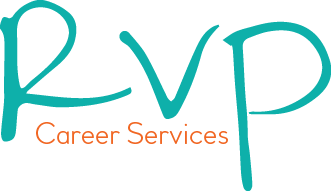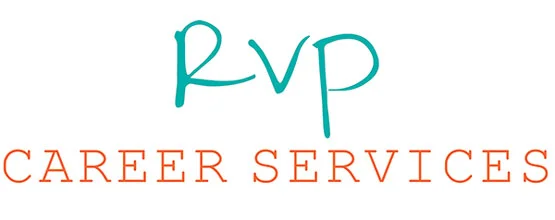Resume Writing Tick & Tricks #1 : The Objective Statement
/I'm going to start a new series here on this resume writing blog called Resume Writing Ticks & Tricks. Yes, I mean 'ticks' because if you want to see a recruiter, hiring manager, or professional resume writer 'tick' include these things on your resume. But don't worry, I won't leave you hanging on what not to do, but include the tricks on what you should do.
After all, if you want to tell your career narrative, you need to get rid of the ticks and get straight to the point of who you are and what you bring to the table.
Let's get started:
Tick #1: Include an Objective Statement on Your Resume
You're asking yourself: Do I need an objective statement on my resume?
No. The objective statement is dated. Plain and simple. It's an old-school technique that makes the resume about you. In an objective statement, you're stating what you'll get out of the job. But you know what? The Hiring Manager doesn't care -- they want to know what you can do for them.
Confused? Let me give you an example:
Objective: To find a position that allows me to utilize my leadership skills and abilities while also allowing room for growth and advancement.
That doesn't tell your career narrative, does it? Do you see how that's you focused? You're only out for what you can get out of the job, rather than focusing on what the company is actually looking for. Let's move on to the Trick ... the Resume Summary.
Trick #1: Include a Resume Summary Instead
A Resume Summary isn't all about you -- it's about what you can do to advance the company you're applying to. When you summarize your career in a short, yet powerful statement, you'll immediately hook the reader to learn more.
Cross-functional team leader with 10 years retail experience and 5 years directing multilevel programs across a national brand. Leverages a diverse background in IT, business strategy, retail management and operations to execute business growth nationwide.
Can you see how that's different? Is that telling his career narrative? YES! It's focused on what he can do with the company. A hiring manager will see that the candidate has experience in team leadership, business growth and strategy.
You may be asking, but doesn't that mean I have to target my resume for each job?
YES! Wholeheartedly, yes!
We'll talk about this in a future post, but targeting your resume for each job you apply for is essential. Hiring managers and recruiters will be able to tell, I promise. Take the time to target your summary to include keywords and power statements for each specific job you apply for -- believe me, it'll make a much better impact than a standard objective statement.
Confused or need some help in getting away from a resume objective statement into a resume summary? Message me, and I'll help you out!


